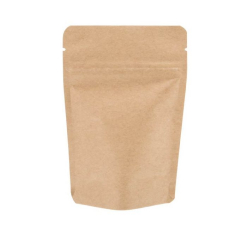Premium Matcha
made in Uji, Japan. Uji matcha powder is regarded as the highest grade of matcha in Japan, prepared using the youngest tea leaves and stone ground to perfection. This matcha is fantastic alone or for culinary use.

made in Uji, Japan. Uji matcha powder is regarded as the highest grade of matcha in Japan, prepared using the youngest tea leaves and stone ground to perfection. This matcha is fantastic alone or for culinary use.

Description:
- Matcha green tea that is produced using organic farming practices. In organic agriculture, synthetic pesticides, herbicides, and fertilizers are avoided, and farming methods prioritize sustainability and environmental stewardship. Organic matcha is grown without the use of synthetic chemicals and follows strict standards to meet organic certification criteria.
Here are some key aspects of matcha:
- Farming Practices: matcha is cultivated using natural and sustainable farming methods. This includes the use of organic fertilizers, natural pest control measures, and the avoidance of synthetic chemicals.
- Certification: To be labeled as organic matcha, the tea farm must adhere to the regulations and standards set by organic certification bodies. Different countries have their own organic certification programs, and the certification process involves inspections and compliance with specific guidelines.
- Health and Environmental Benefits: Choosing matcha may be preferred by individuals who prioritize consuming products free from synthetic pesticides and fertilizers. Organic farming practices also aim to promote soil health and biodiversity while minimizing the environmental impact of agriculture.
- Flavor Profile: The flavor profile of organic matcha can vary, but it generally retains the characteristic qualities of matcha—richness, umami, and a balance of sweetness and bitterness. The absence of synthetic chemicals in the cultivation process may contribute to a purer and more natural taste.
- Cultural and Ethical Considerations: Some consumers choose organic matcha not only for its potential health benefits but also for ethical reasons. farming practices often align with principles of environmental sustainability and ethical treatment of workers.
It’s important to note that the organic designation primarily pertains to the farming methods and does not guarantee the specific quality or grade of matcha. Matcha can still be classified into different grades based on factors such as the timing of harvest, processing methods, and the quality of the tea leaves.
When purchasing organic matcha, look for reputable brands or certifications to ensure that the product meets organic standards. Additionally, consider factors such as the grade of matcha and your personal flavor preferences.
Related Products

However you choose to enjoy,
Happa Tea will have you Living Happa-ly!

